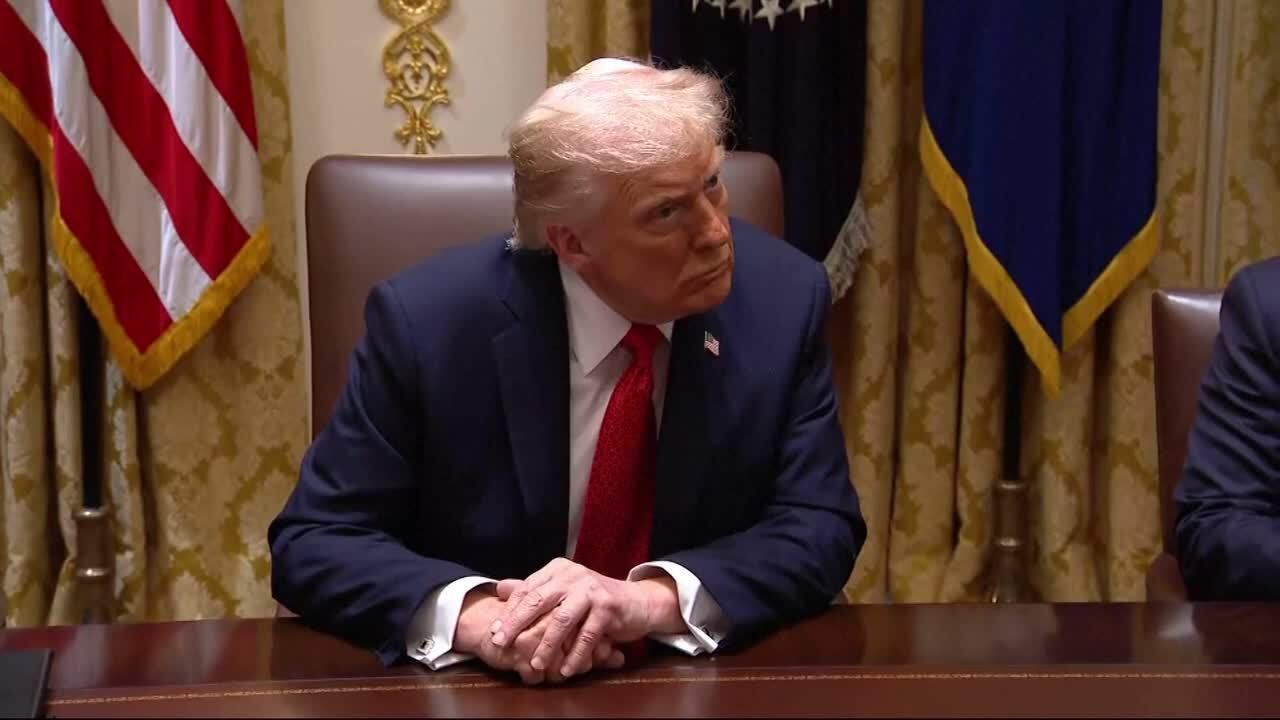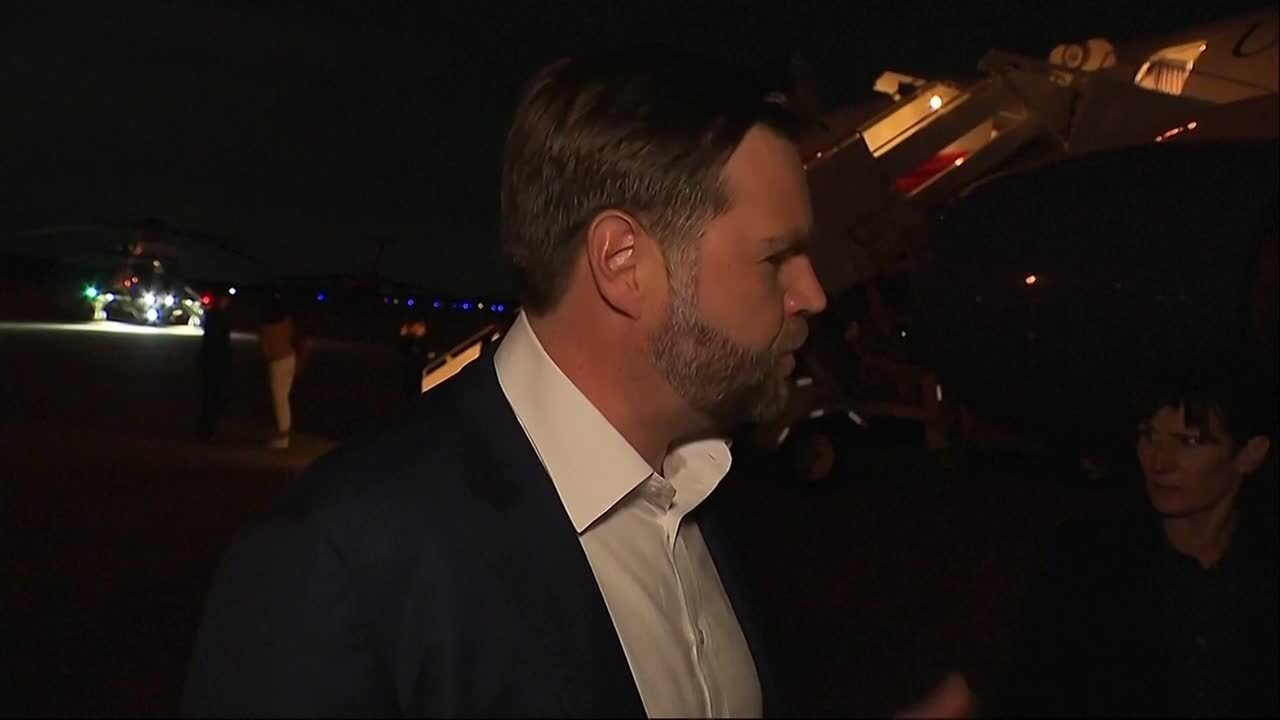The Pentagon's top weapons buyer announced Sunday that the U.S. would not yet sell F-35 Joint Strike Fighters to Arabian Gulf region nations on the same day Israel confirmed it would buy 14 additional F-35s.
In a deal worth about $3 billion, Israel said it would buy 14 additional fifth generation fighters built by Lockheed Martin Corp., which would bring the Israeli fleet to 33. The Israeli Defense Ministry bought 19 F-35s in 2010.
The U.S. is leading the development of the F-35, as allies across the globe to include the U.K., Italy, the Netherlands, Canada, Australia, Denmark, Norway and Turkey have also financed the world's most expensive weapons program. U.S. militaryn leaders have emphasized the international support of the program throughout its history.
Frank Kendall, U.S. Undersecretary of Defense for Acquisitions, Technology and Logistics, told a crowd of reporters Sunday at the IDEX defense conference in Abu Dhabi that he didn't expect any "near-term" F-35 sales to Gulf states such as Qatar or the United Arab Emirates, according to reports.
He explained that the current fleet of fourth generation fighters such as the Block 60 F-16s flown by the UAE could meet the threats of the region, according to reports. UAE flies 80 Block 60 F-16s, which is the most advanced F-16 variant in the world. The most advanced F-16 flown by the U.S. is the Block 50/52+.
Israel will receive its first two F-35s next year with the last one set to arrive by 2021.
The Israeli purchase follows the announcement by Egypt on its plans to buy 24 Rafale multirole combat fighters from Dassault Aviation. Developed in the 1970s and 80s, the French built the fighter to be comparable to the American F-16.
Kendall's comments come as Gulf region jets are flying missions with the U.S. and other coalition aircraft against the Islamic State in Iraq and Syria, known as ISIS, ISIL or Daesh. The coalition includes Egypt and the UAE.
-- Michael Hoffman can be reached at Mike.Hoffman@military.com




























